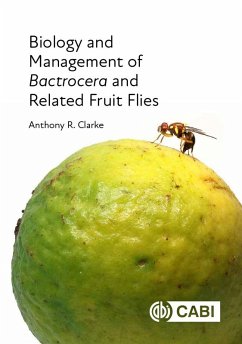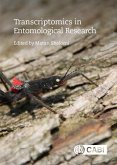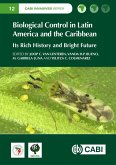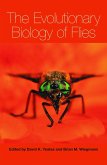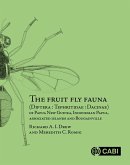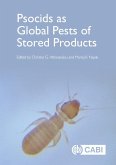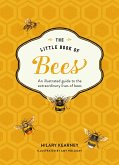Throughout Asia, Australia and the Pacific, and increasingly in Africa, the primary horticultural insect pests are fruit flies belonging to the genera Bactrocera, Zeugodacus and Dacus (Diptera: Tephritidae: Dacini). The Dacini is a hugely diverse clade of nearly 900 species endemic to the rainforests of Asia, Australia and the western Pacific, and the savannas and woodlands of Africa. All these species lay their eggs into fleshy fruits and vegetables, where the maggots feed, therefore destroying the fruit. In addition to being crop pests, dacines are also invasive pests of major quarantine importance and their presence in production areas can significantly impact market access opportunities. This broad text provides a rapid introduction to this economically and ecologically important group, which includes species such as the Oriental fruit fly (B. dorsalis), Melon fly (Z. cucurbitae), Queensland fruit fly (B. tryoni) and the Olive fly (B. oleae). Broken into three primary sections, it first explores the evolutionary history, systematic relationships, taxonomy and species-level diagnosis of the Dacini flies. The following biology section covers their life history, population demography, behaviour and ecology, and natural enemies. The final section of the book covers the management of these flies, with chapters on pre-harvest, post-harvest and regulatory controls. Each chapter concludes with a list of key monographs, papers or book chapters for further reading. This book will be of interest to field entomologists, extension officers, quarantine officers and market access negotiators, as well as students of applied entomology and pest management.
Dieser Download kann aus rechtlichen Gründen nur mit Rechnungsadresse in A, D ausgeliefert werden.

